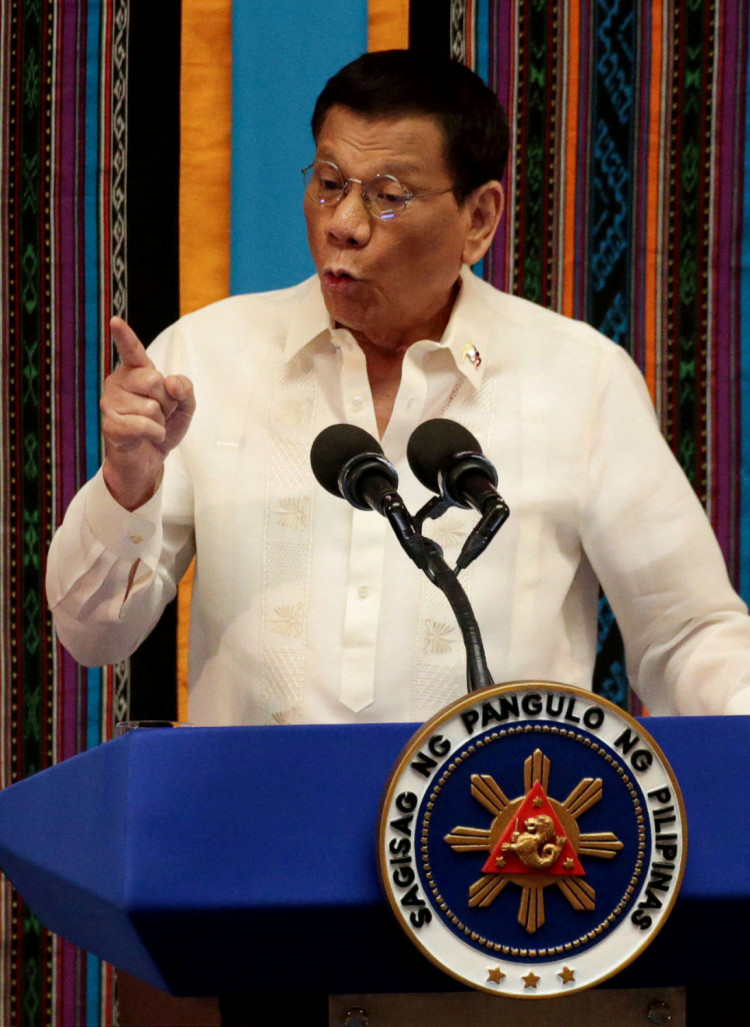Philippine state bank Bangko Sentral ng Pilipinas (BSP) Governor, Benjamin Diokno, said on Tuesday that the Philippines can achieve an economic growth rate of up to eight percent by 2022.
According to the Philippine Star, Diokno noted that while the country is projected to have a potential growth rate of around 6.5 percent this year, the possibilities have increased significantly over the past years and indicators point to a match with the government's target of seven to eight percent within three years.
Diokno further noted that the Philippines has been shown continuous growth for the past 82 quarters, despite global trade tensions and uncertainties in the global economy.
For Diokno, the Philippines did not reach this stage of continued growth without overcoming multiple obstacles and adapting to the necessary reforms to keep growth at a good pace.
The Asian country has gone through significant changes over the past years to bolster growth in various industries that drive the economy. A more universal approach to tertiary education, healthcare, identification, and rice importation helped keep growth targets in place, Diokno said.
Finally, the BSP chief revealed that the Philippines aims to become a "high-income status economy by 2040," a target that may or may not be impossible, depending on how resilient the economy is against external issues or trade disputes.
Despite the BSP's optimism over the Philippines' potential expansion in the coming years, this year's issues took a toll on the forecast of the Asian Development Bank (ADB) for the country this year.
According to CNN Philippines, the ADB scaled down on its growth forecast to a mere six percent for fiscal 2019. The lending giant noted that the revision in its outlook was based on the slowing domestic investment figures in the country.
The ADB further argued that the delay in government spending for three months will have a huge impact on this year's growth rate. Filipino lawmakers were caught up in a deadlock over revisions to the 2019 national budget that was only approved by President Rodrigo Duterte in April.
The delay in spending funds left many new projects stranded. Local governments and organizations were forced to start working on some projects under a reenacted budget, sending some industry figures to decline during the first quarter.
Meanwhile, another stumbling block that the Philippines has to overcome is the financial ban by the United Nations Human Rights Council (UNHRC) imposed on countries that supported its drug war investigations, INQUIRER reported.
The Malacanang Palace said it has other bilateral partners to rely on in case the country needs financial assistance at some point. Palace spokesperson Salvador Panelo noted on Monday that the ban will not have a negative effect on the Philippine economy.






